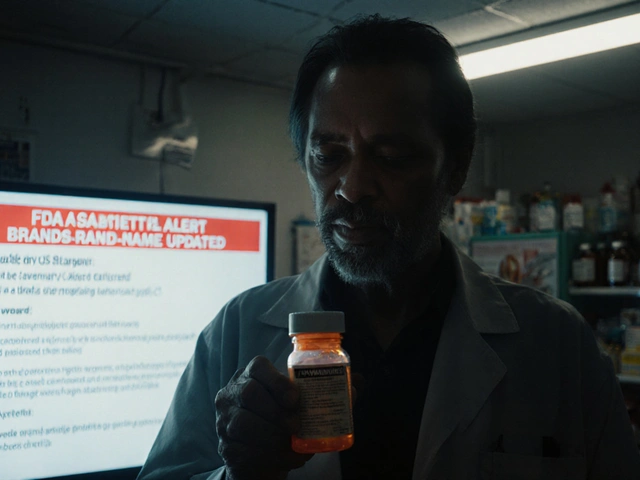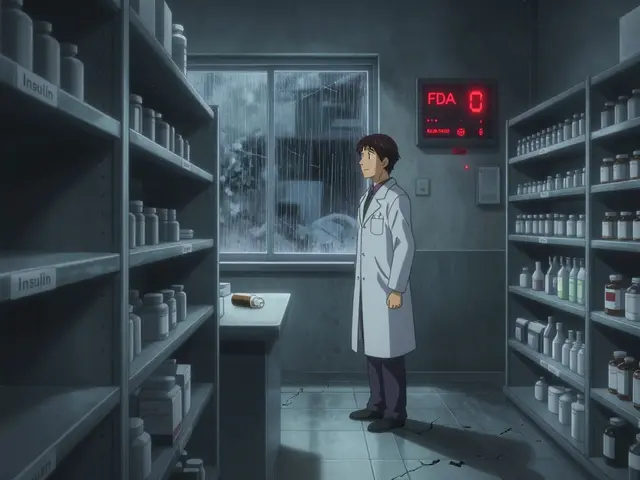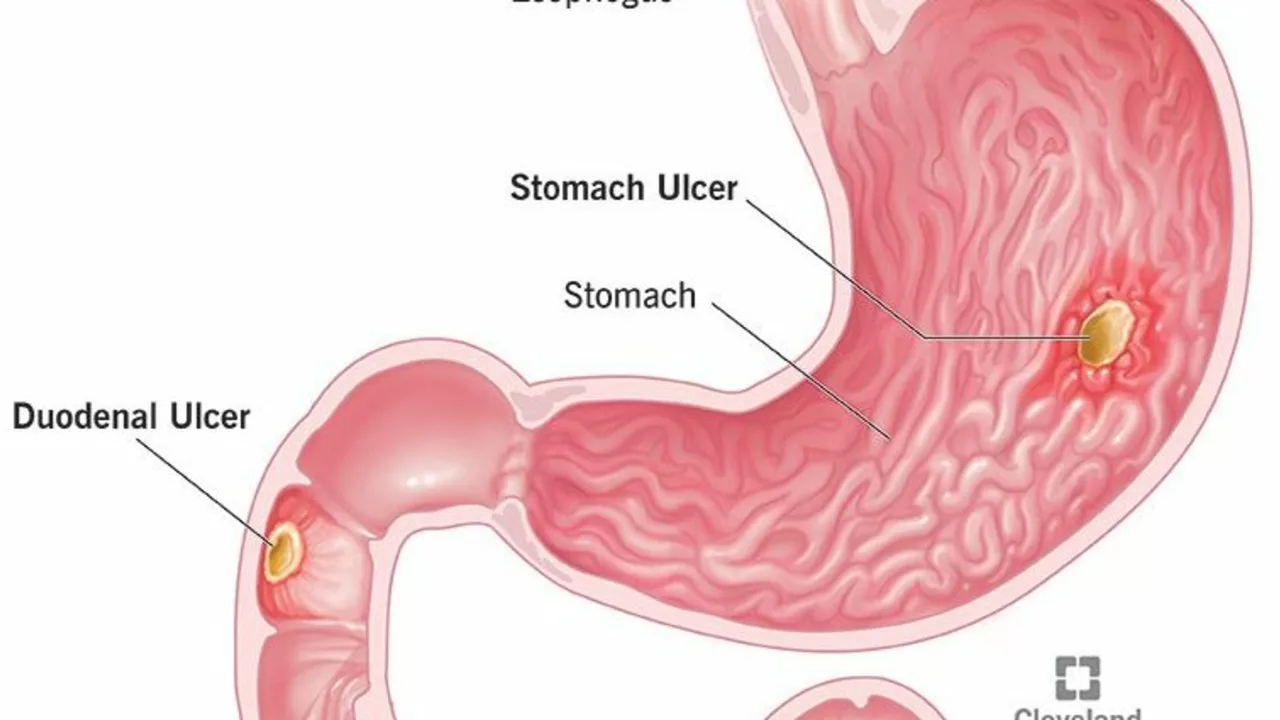Stomach Ulcers: What They Are and How to Beat Them
If you’ve ever felt a burning pain in your upper belly after a meal, chances are you’ve wondered about stomach ulcers. These sores line the inner wall of your stomach or the first part of your small intestine and can cause real discomfort. The good news is most ulcers respond well to simple changes and a few medicines.
What Causes Stomach Ulcers?
The main culprits are Helicobacter pylori bacteria and long‑term use of NSAID pain relievers like ibuprofen. Stress and spicy foods get blamed all the time, but they usually only make symptoms worse, not create the ulcer itself. Smoking and heavy alcohol use also slow healing and increase risk.
When H. pylori infects your stomach lining, it weakens the protective mucus layer, letting acid eat away at tissue. NSAIDs do a similar job by blocking the enzymes that help keep that mucus thick. If you’ve been taking these drugs for weeks or months, think about talking to a doctor about alternatives.
How to Treat & Prevent Stomach Ulcers
The first step is getting a proper diagnosis—your doctor might do a breath test, stool sample, or endoscopy. If H. pylori is present, a short course of antibiotics plus a proton‑pump inhibitor (PPI) usually clears it up.
Even after the infection is gone, protecting your stomach matters. Switch to a PPI or an H2 blocker if you need acid reduction, and avoid NSAIDs unless absolutely necessary. Over‑the‑counter antacids can help with occasional heartburn but won’t heal an ulcer on their own.
Diet plays a supportive role. Eat smaller meals, chew food well, and limit caffeine, alcohol, and very spicy dishes. Foods that are gentle on the stomach—like oatmeal, bananas, yogurt, and boiled veggies—can soothe irritation.
Don’t forget lifestyle tweaks: quit smoking, manage stress with light exercise or meditation, and get enough sleep. These habits don’t just help ulcers; they improve overall digestion.
If you follow the treatment plan and make these adjustments, most people feel better within a few weeks and see the ulcer heal in a couple of months. Keep an eye on any recurring pain—sometimes ulcers return if the underlying cause isn’t fully addressed.
Bottom line: stomach ulcers are common, treatable, and often linked to bacteria or medication use. Get tested, follow your doctor’s prescription, cut back on irritants, and you’ll be on the road to a calmer gut.
The Pros and Cons of Using Sucralfate for Stomach Ulcers
Hey there, health enthusiasts! Let's dive into the fascinating world of stomach ulcers and our friend, Sucralfate. Now, this drug swoops in like a superhero, creating a protective barrier over ulcers, allowing them to heal. But remember folks, every hero has a kryptonite, and Sucralfate's might be its potential side effects - constipation, dry mouth, and upset stomach. So, while it's fighting the good fight against ulcers, be mindful that it might give you a bit of a rough time. But hey, no pain, no gain, right?
About
Health and Wellness
Latest Posts


Inactive Ingredient Differences: Can Excipients Affect Safety or Efficacy?
By Orion Kingsworth Jan 10, 2026

Top 10 Canadian Pharmacy Alternatives in 2024
By Orion Kingsworth Oct 30, 2024

FDA Safety Alerts: Understanding Communications About Generic Drug Problems
By Orion Kingsworth Nov 7, 2025

